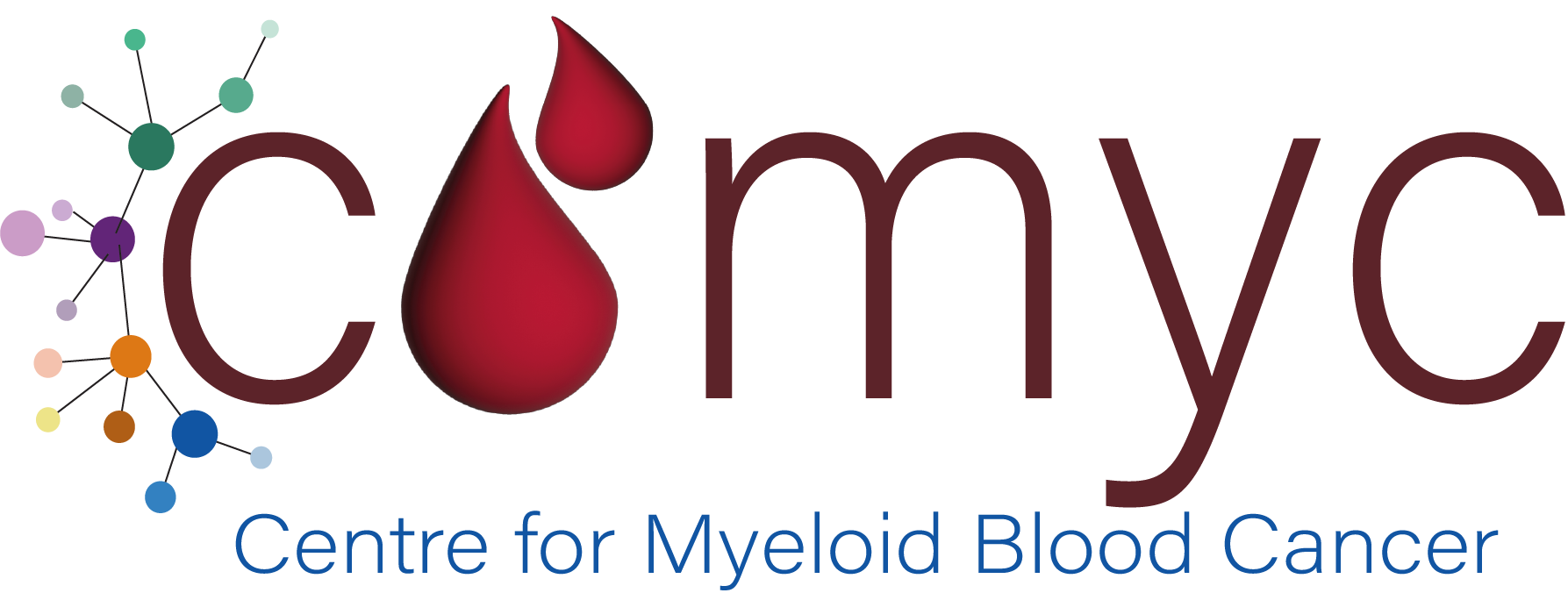
- Beklager. Denne hendelse har allerede funnet sted.
c-myc Seminar
The cancerous prostate gland is a heterogenous mix of different cancer and normal cells and tissue types, which is a major source of confounding when large scale molecular – omics analysis is performed on the prostate gland. One way to delineate this heterogeneity is Spatial Transcriptomics, which can generate individual tissue specific gene expression profiles from thousands of spots placed on a grid across a prostate cancer tissue slice (see illustration). A major clinical challenge in prostate cancer is the ability to distinguish aggressive and non-aggressive prostate cancer in the cancer care pathway, and Spatial Transcriptomics could be a technology to do more precise molecular diagnostics of prostate cancer. With this in mind, our Prostomics research group generated spatial transcriptomics datasets (Visium 10x Genomics) on 32 tissue samples from 8 prostate cancer patients, 5 containing aggressive and 3 containing non- aggressive cancers. Samples were taken specifically from cancer, cancer-adjacent and distant normal tissue regions, and spots where classified according to their content of cancer, extracellular matrix/stroma and normal tissue, and further analysed by Gene Set Enrichment Analysis. Our analysis discovered that normal appearing tissue adjacent to aggressive cancer regions lose prostate specific functions and adapt properties resembling cell-types which are not expected to be present in a healthy prostate gland.
13:20 –Prof. Berit Johansen, Dept. of Biology, NTNU: Treating cancer and leukemia: A new way to trigger cell self-destruction
The polyunsaturated fatty acid arachidonic acid (AA) and its metabolites, eicosanoids, i.e. prostaglandins, thromboxanes, leukotrienes, etc., have attracted considerable interest in relation to inflammatory processes and diseases, including cancer (leukemia), cardiovascular and autoimmune diseases, and metabolic disorders. AA is generated by the action of phospholipase A2 (PLA2), which catalyzes its hydrolytic cleavage from membrane glycerophospholipids. PLA2 enzymes constitute a superfamily of enzymes, divided into many groups and subgroups. Among them, cytosolic Group IVA PLA2 (cPLA2α) plays a critical role in the release of AA and is the most well-studied PLA2 in inflammation. Targeting eicosanoid production by inhibiting cPLA2α offers a promising approach for inflammation or cancer therapy. Our findings imply cPLA2α may support cancer by mitigating oxidative stress and inhibiting tumor suppressor expression suggesting that the very specific and sensitive cPLA2α -inhibitors we have developed, has potential for treating acute leukemias and other cancers by introducing programmed cell death.
